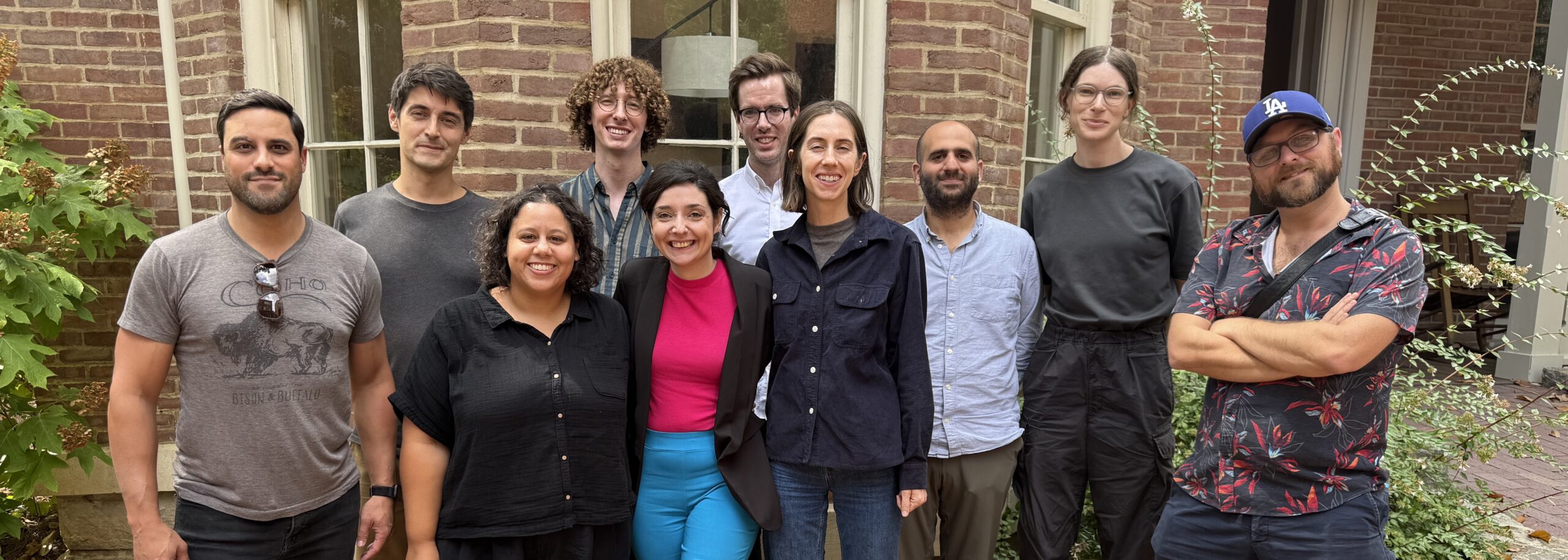Reimagining the World through the Humanities
The Collaborative Humanities Postdoctoral Program (CHPP) brings together a dynamic cohort of early-career scholars in the humanities and humanistic social sciences to revitalize humanistic inquiry in today’s moment. At a time when complex challenges—from climate change and migration to questions of democracy, equity, and technology—demand perspectives that cut across disciplinary lines, the humanities provide a critical voice in the conversation.

